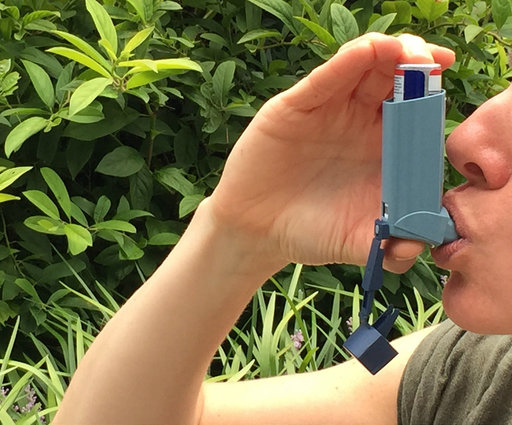Bay State’s Health Faces “Double Whammy” on Hot Summer Days

Mike Clifford – Commonwealth News Ser4vice
BOSTON — The dog days of summer are not likely to be kind to asthma and allergy sufferers in the Bay State, according to a new report.
A mapping project pinpointed Massachusetts as the ninth worst state in the nation when it comes to a “double whammy” of factors that cause health concerns during hot summer days.
Kim Knowlton, senior scientist and deputy director at the Natural Resources Defense Council, helped lead the study.
She said high concentrations of ragweed combined with unhealthy ozone levels can make breathing and basic outdoor activities hazardous.
“There’s about two-thirds of the folks in Massachusetts, 66 percent, that live in those counties with both those conditions,” Knowlton said.
“A particular area of concern is Springfield, Mass. ”
The new mapping report points to health concerns for the more than 500,000 adults and 168,000 children living with asthma in Massachusetts.
It noted that fewer than one-third of U.S. states have developed a plan to address the health impacts of climate change, which Knowlton said is fueling this health double whammy.
The report said climate change means warmer temperatures that tend to speed up the chemical reaction that makes ozone and an earlier onset of the ragweed-induced pollen season.
Sanaz Eftekhari, director of corporate affairs at the Asthma and Allergy Foundation of America, said the report dovetails with her own group’s findings about the region.
“So, what we are seeing is that Northern parts of the U.S. – including areas of Massachusetts like Boston and Springfield – we’re seeing that the warmer temperatures are leading to increased ozone, as well as a prolonged allergy season,” Eftekhari said.
The NRDC report recommended that citizens demand federal, state and local governments prepare for the health threats of climate change.
In all, the report said, 127 million Americans are living in “double whammy” counties.
You can take a look at the maps at the NRDC website: NRDC.org
